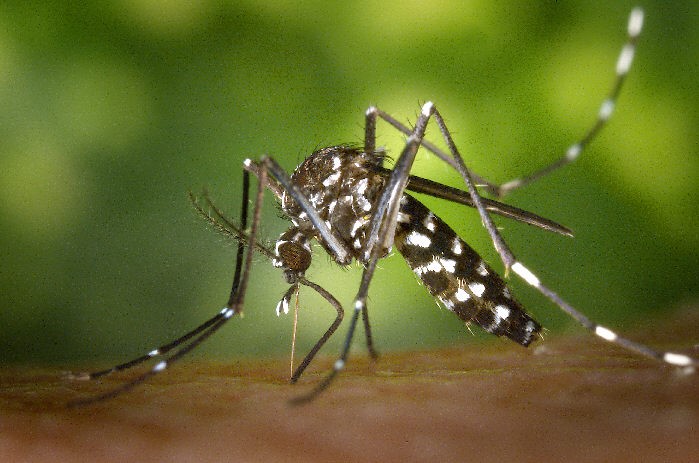
Expert Tips: Recognizing Symptoms and Effective Prevention Strategies for National Dengue Day 2024
On National Dengue Day 2024, it’s important to be aware that if you contract dengue fever, you may experience severe symptoms such as intense headaches, muscle and joint pain, and persistent high fever. Prevention plays a crucial role, as this illness can rapidly progress from mild discomfort to potentially life-threatening complications.
Dengue fever, a mosquito-borne viral infection, poses a significant public health challenge globally. With the rise in dengue cases, National Dengue Day 2024 emphasizes the importance of recognizing symptoms and implementing effective prevention strategies. This comprehensive guide, curated by experts, provides insights into identifying dengue symptoms early and adopting preventive measures to combat the disease.
Dengue fever is transmitted through infected Aedes mosquitoes, which are active during the daytime and breed in stagnant water, particularly in urban areas. The virus is classified into four serotypes: DEN-1, DEN-2, DEN-3, and DEN-4, and is spread through mosquito bites, contributing to community transmission. Environmental factors such as climate change and urbanization contribute to the proliferation of mosquitoes, leading to increased dengue transmission.
Prevention Tips to avoid Dengue
Dr. Nikhil Kulkarni, Consultant-Internal Medicine at S.L. Raheja Hospital, Mahim – A Fortis Associate, offers valuable prevention tips to help avoid dengue:
- Eliminate sources of stagnant water: Reduce mosquito breeding grounds by removing stagnant water sources around your home, such as flower pots, buckets, and discarded tires. Regularly empty and clean water containers to prevent mosquitoes from breeding.
- Use window and door screens: Install window and door screens to prevent mosquitoes from entering your home. Ensure that screens are free from holes or tears to provide maximum protection.
- Apply insect repellent: Protect yourself from mosquito bites by applying insect repellent containing DEET, picaridin, or oil of lemon eucalyptus to exposed skin and clothing. Remember to reapply repellent as directed, especially when spending time outdoors.
- Opt for protective clothing: Minimize exposed skin by wearing long-sleeved shirts, long pants, socks, and closed-toe shoes. Opt for light-colored clothing, as mosquitoes are attracted to dark colors.
- Use a mosquito net: Utilize a mosquito net treated with insecticide while sleeping, especially in areas with high mosquito activity or when traveling to dengue-endemic regions.
- Avoid water stagnation: Regularly inspect and clean gutters, drains, and other areas where water can accumulate. Cover water storage containers to prevent mosquitoes from laying eggs.
- Keep the house well-lit and airy: Mosquitoes are less active in well-lit areas, so ensure outdoor spaces are brightly lit. Keep indoor areas well-ventilated to discourage mosquitoes from entering.
- Time your outdoor visits: Steer clear of outdoor activities during peak mosquito activity periods, such as early morning and late afternoon. If venturing outdoors is unavoidable, use mosquito repellent and wear protective clothing to reduce exposure.
Conclusion
In conclusion, taking proactive measures to prevent dengue fever is essential for safeguarding against its potentially severe consequences. By following the expert advice provided by Dr. Nikhil Kulkarni, individuals can significantly reduce their risk of contracting the disease. By eliminating stagnant water sources, using protective clothing and mosquito nets, and staying vigilant about outdoor activities, individuals can effectively minimize their exposure to mosquitoes and lower the likelihood of dengue transmission. It’s crucial to remain informed and proactive in implementing these preventive measures to protect both individual and public health from the threat of dengue fever.